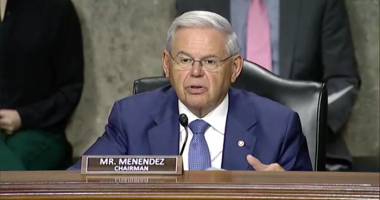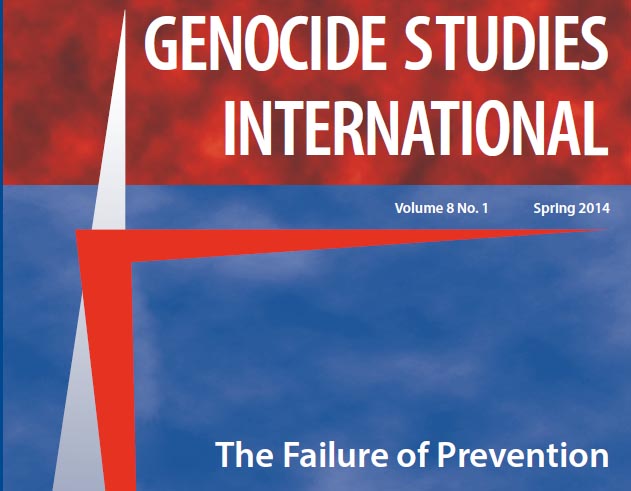WASHINGTON, D.C. – The Armenian Assembly of America strongly opposes a malicious amendment authored by Congressman Steve Chabot (R-OH), Co-Chair of the Turkish and Azerbaijani caucuses.
This amendment, which was included as part of an en bloc package of over 100 amendments to the National Defense Authorization Act (NDAA) requiring a report regarding Internally Displaced Peoples (IDPs) in Ukraine, Georgia, Moldova and Azerbaijan since 1991, puts the cart before the horse with respect to Azerbaijan. First, the IDPs in Azerbaijan at the end of 1991 were displaced during the Soviet era. Second, the people and government of Nagorno Karabakh acted to prevent another genocide of the Armenian people having already witnessed the deportation of over 300,000 Armenians in Azerbaijan from 1988 to 1991, including the Sumgait, Kirovabad, and Baku pogroms against Armenians. Third, the amendment neglects to mention that Azerbaijan, despite its oil wealth, did nothing to help its own people. Rather, the Aliyev clan spent lavishly on luxury homes across the globe. Fourth, this amendment, if included in the final bill, would severely damage U.S. credibility as a Co-Chair of the OSCE Minsk Group working towards the peaceful resolution of the Nagorno Karabakh conflict.
In addition, this amendment ignores the fact that just last week Azerbaijan launched an attack against Armenia targeting civilian areas, including kindergartens. The amendment also makes no mention of the fact that Azerbaijan threatened to target Armenia’s nuclear power plant, or the fact that Azerbaijan has destroyed Christian churches and also completely destroyed thousands of UNESCO-protected khachkars (cross-stones) in a centuries-old Christian Armenian cemetery.
“The Armenian Assembly strongly opposes this Laundromat lobbyist-inspired amendment,” stated Assembly Co-Chairs Anthony Barsamian and Van Krikorian. “It is deeply flawed and counterproductive and must not be included in the final bill. The timing of this amendment is a mere smokescreen to divert attention from the fact that just last week Azerbaijan targeted Armenia and its civilian population and threatened its nuclear power plant. It’s a blatant attempt to whitewash Azerbaijan’s abysmal human rights record,” the Co-Chairs continued.
In addition, the situation in Nagorno Karabakh can in no way shape or form be compared to the examples of Russian occupation of territories in neighboring countries. First, there are no Russian forces in Nagorno Karabakh. Second, the Armenians of Nagorno Karabakh are not an occupying force. They are the native-born population of the region, who were subjected to an atrocious war waged by Azerbaijan between 1991 and 1994 that nearly destroyed the region and displaced a major part of the Armenian population. Only by defending their lives and creating a buffer zone were the Armenians successful in bringing that conflict to a halt with a cease-fire negotiated under the auspices of the OSCE Minsk Group Co-Chairs. The suggestion that the self-governing people of Nagorno Karabakh are in occupation is an offensive notion that insults the values of liberty and self-determination.
Since the 1994 cease-fire, unlike the examples of Ukraine, Georgia and Moldova, the government of Nagorno Karabakh, with the support of Armenia, has appealed towards resolving the conflict with a definitive peace that assures security for all peoples of the region. Negotiations are ongoing despite impediments created by Azerbaijan. Again and again, Azerbaijan has violated the cease-fire and in 2016 ignited a full-scale war for a period of four days, which involved ISIS-style brutalities against Armenian civilians. Further, Azerbaijan has been decimating the historic presence of the Christian Armenian population of the area, with its scorched-earth destruction of churches and cemeteries. Such a thorough erasure of the past is a clear warning and indication of what Azerbaijan’s actual plans for Nagorno Karabakh involve. Such policies and practices leave no choice to the Armenians of Nagorno Karabakh but to rely upon their own resources and to protect their hard-won independence.










